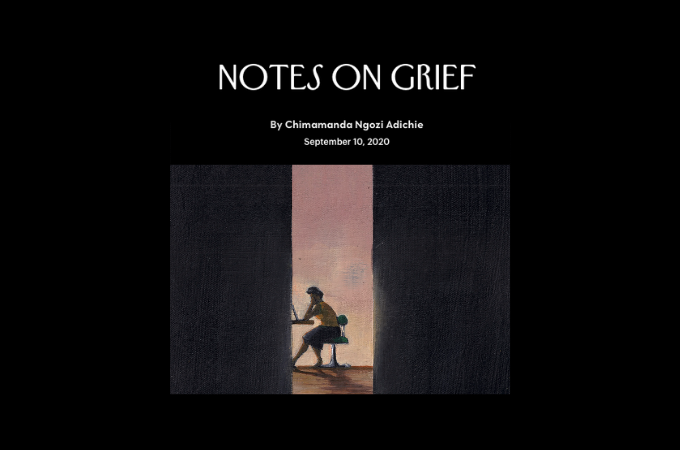
In June, Chimamanda Ngozi Adichie lost her father Professor James Nwoye Adichie to an illness. Earlier, the author had suffered mild concussion after a bad fall, and so the loss of her dad would appear to be an even greater tragedy. Following his passing, Adichie released a personal statement on her Facebook page on the grief and frustrations she feels. Since then, little has been heard from the author, and we can only imagine she is taking the needed time off to mourn.
However, in a recently published ‘Personal History’ on The New Yorker, Adichie opens up on the intricacies of loss, grief, and paranoia as well as the question of expectations demanded of a person in mourning. The essay is especially touching in its unflinching honesty as well as its raw vulnerability.
When she made the Facebook statement, we thought it was the most personal the author had ever written about her life. But this piece is far more detailed and intimate. She gives a frame by frame narrative of what happened—from the last zoom call with her father to the bewildering experience of mourning while parenting a 4-year old to her own mother’s willingness to perform Igbo widowhood rights. But in spite of the intense personal suffering expressed, the essay is a celebration of a daughter’s love for her father.
There are a few quotes we put together that powerfully conveys the inconsolable loss of losing someone dearly loved.
- Grief is a cruel kind of education. You learn how ungentle mourning can be, how full of anger. You learn how glib condolences can feel. You learn how much grief is about language, the failure of language and the grasping for language.
- We don’t know how we will grieve until we grieve.
- [Grief] is an affliction not merely of the spirit but of the body. Flesh, muscles, organs are all compromised.
- There is value in that Igbo way, that African way, of grappling with grief, the performative, expressive outward mourning, where you take every call and you tell and retell the story of what happened, where isolation is anathema and “stop crying” a refrain.
- I am changed. A new voice is pushing itself out of my writing, full of the closeness I feel to death, the awareness of my own mortality, so finely threaded, so acute. A new urgency. An impermanence in the air. I must write everything now, because who knows how long I have?
- I did not know that we cry with our muscles. The pain is not surprising, but its physicality is.
- How is it that the world keeps going, breathing in and out unchanged, while in my soul there is a permanent scattering?
- My heart—my actual physical heart, nothing figurative here—is running away from me, has become its own separate thing, beating too fast, its rhythms at odds with mine.
- Laughter becomes tears and becomes sadness and becomes rage. I am unprepared for my wretched, roaring rage. In the face of this inferno that is sorrow, I am callow and unformed.
- I finally understand why people get tattoos of those they have lost. The need to proclaim not merely the loss but the love, the continuity…it is an act of resistance and refusal, grief telling you that it is over and your heart saying that it is not, grief trying to shrink your love to the past and your heart saying that it is present.
Read the full essay on The New Yorker.


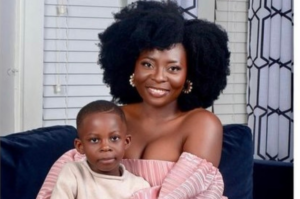
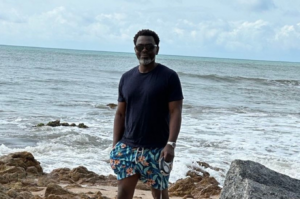
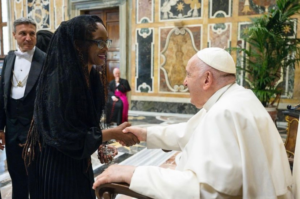
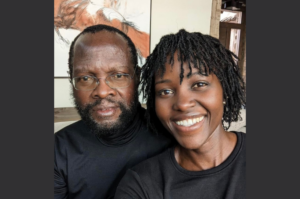
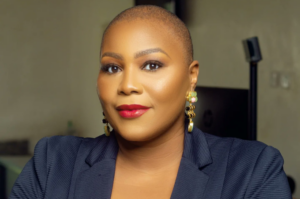
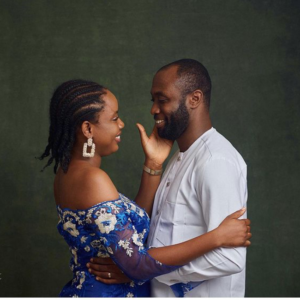

COMMENTS -
Reader Interactions